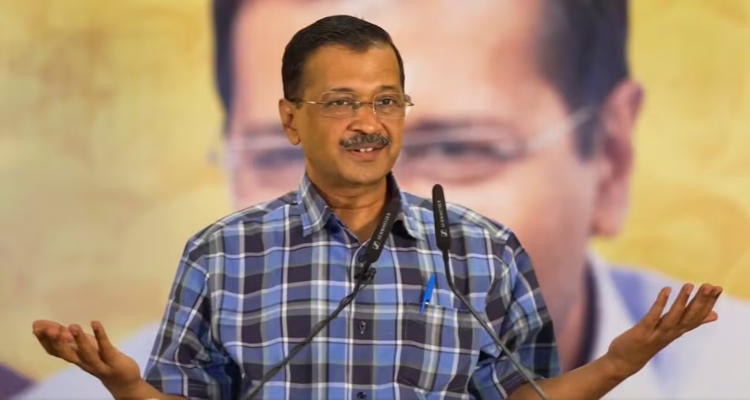
The Delhi High Court has recently requested a response from the Centre regarding a plea from the Aam Aadmi Party for official accommodation for its convenor, Arvind Kejriwal, following his resignation as Chief Minister.
The party argues that, as the head of a national party, Kejriwal is entitled to government housing in Delhi according to the guidelines set by the Election Commission of India. The plea notes that he vacated his previous residence at 6, Flagstaff Road, Civil Lines, promptly.
Justice Sanjeev Narula’s bench has issued a notice to the relevant ministry and authorities concerning AAP’s petition, with the case set to be heard on November 26.
Recently, Rajya Sabha member Raghav Chadha emphasized at a press conference that under the law, once a party achieves national status, it is entitled to two key provisions: an operational office in the national capital and government accommodation for its national convenor.
Following a ruling by the Delhi High Court on June 5, the Aam Aadmi Party’s national head office was relocated to 1, Ravi Shankar Shukla Lane last month, affirming the party’s entitlement to office space in the capital.
Kejriwal has lived at his Civil Lines residence since 2015, a property that has faced scrutiny over the substantial public funds spent by the Public Works Department on renovations.
The current legal developments reflect ongoing discussions about the entitlements and accommodations for political leaders in Delhi, highlighting the intersection of governance and party politics.




